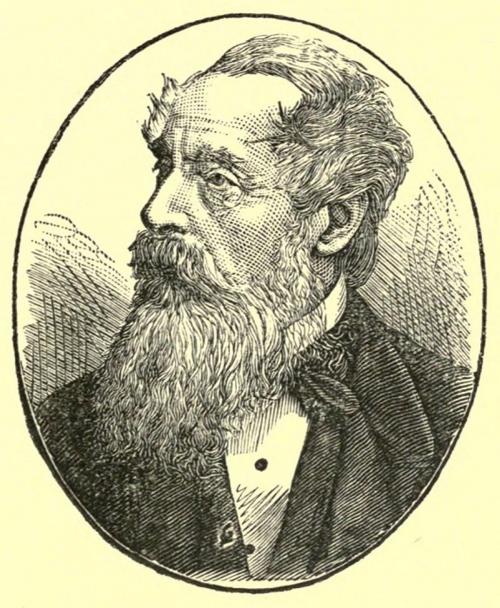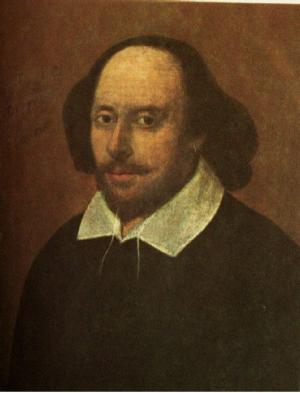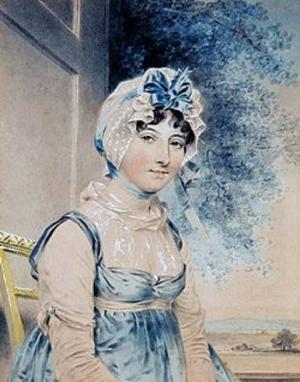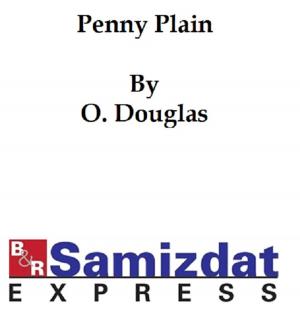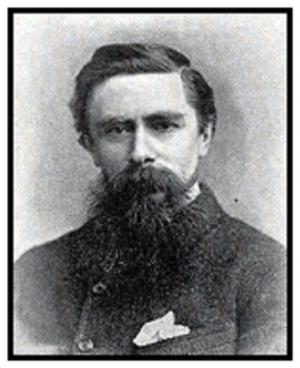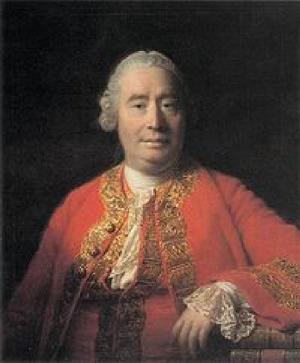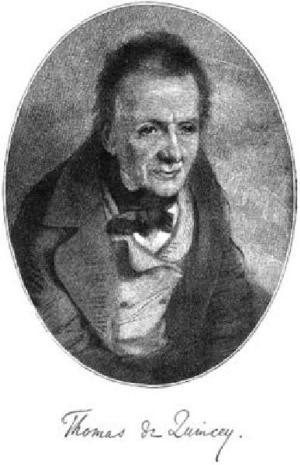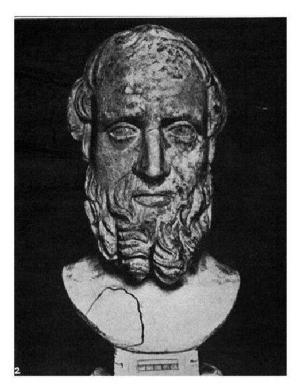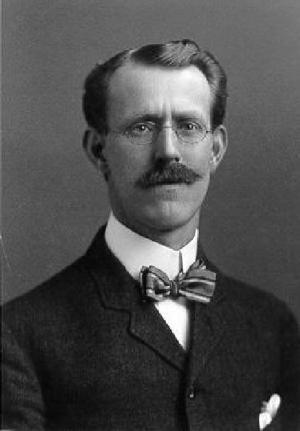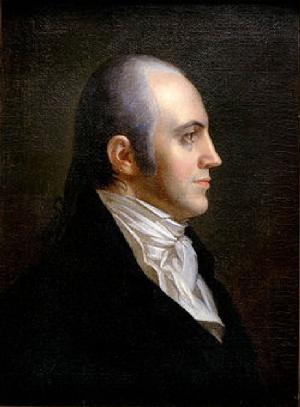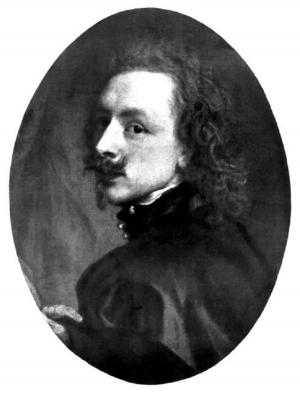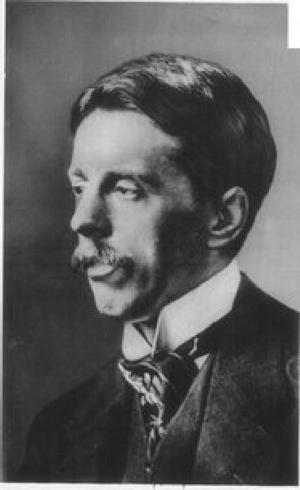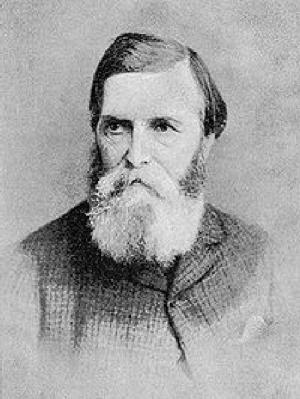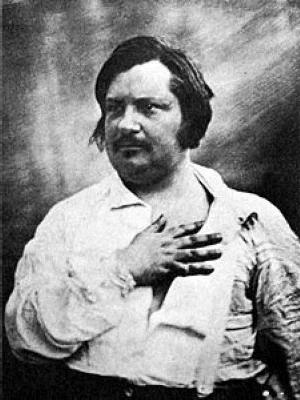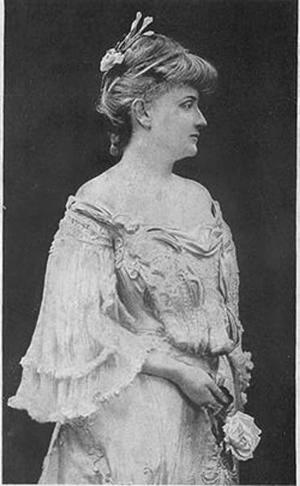The Seven Champions of Christendom
Fiction & Literature, Classics, Kids, Teen, General Fiction, Fiction| Author: | Kingston, W.H.G. | ISBN: | 9781455302802 |
| Publisher: | B&R Samizdat Express | Publication: | June 10, 2015 |
| Imprint: | Quench Editions | Language: | English |
| Author: | Kingston, W.H.G. |
| ISBN: | 9781455302802 |
| Publisher: | B&R Samizdat Express |
| Publication: | June 10, 2015 |
| Imprint: | Quench Editions |
| Language: | English |
A most unusual book, especially from this author, erudite though he is. The seven champions are the Patron Saints of England, Scotland, Ireland, Wales, France, Italy and Spain. These rove about Europe and beyond, slaying Enchanters, Dragons, and other nuisances, accompanied by their Squires, who, although they put on weight and become obese, help as bestthey can, and carry their masters' trophies for them. That they all knew one another and were living at the same time is a novel idea, but it all adds to quite a good story, however whimsical.It is alleged that the book is no more than an edited transcription of a book written at the end of the fifteen hundreds. It may well be, but it stands quite well on its own for what it is--an amusement for the children: that, and no more. According to Wikipedia: "William Henry Giles Kingston (28 February 1814 - 5 August 1880), writer of tales for boys, was born in London, but spent much of his youth in Oporto, where his father was a merchant. His first book, The Circassian Chief, appeared in 1844. His first book for boys, Peter the Whaler, was published in 1851, and had such success that he retired from business and devoted himself entirely to the production of this kind of literature, in which his popularity was deservedly great; and during 30 years he wrote upwards of 130 tales, including The Three Midshipmen (1862), The Three Lieutenants (1874), The Three Commanders (1875), The Three Admirals (1877), Digby Heathcote, etc. He also conducted various papers, including The Colonist, and Colonial Magazine and East India Review. He was also interested in emigration, volunteering, and various philanthropic schemes. For services in negotiating a commercial treaty with Portugal he received a Portuguese knighthood, and for his literary labours a Government pension."
A most unusual book, especially from this author, erudite though he is. The seven champions are the Patron Saints of England, Scotland, Ireland, Wales, France, Italy and Spain. These rove about Europe and beyond, slaying Enchanters, Dragons, and other nuisances, accompanied by their Squires, who, although they put on weight and become obese, help as bestthey can, and carry their masters' trophies for them. That they all knew one another and were living at the same time is a novel idea, but it all adds to quite a good story, however whimsical.It is alleged that the book is no more than an edited transcription of a book written at the end of the fifteen hundreds. It may well be, but it stands quite well on its own for what it is--an amusement for the children: that, and no more. According to Wikipedia: "William Henry Giles Kingston (28 February 1814 - 5 August 1880), writer of tales for boys, was born in London, but spent much of his youth in Oporto, where his father was a merchant. His first book, The Circassian Chief, appeared in 1844. His first book for boys, Peter the Whaler, was published in 1851, and had such success that he retired from business and devoted himself entirely to the production of this kind of literature, in which his popularity was deservedly great; and during 30 years he wrote upwards of 130 tales, including The Three Midshipmen (1862), The Three Lieutenants (1874), The Three Commanders (1875), The Three Admirals (1877), Digby Heathcote, etc. He also conducted various papers, including The Colonist, and Colonial Magazine and East India Review. He was also interested in emigration, volunteering, and various philanthropic schemes. For services in negotiating a commercial treaty with Portugal he received a Portuguese knighthood, and for his literary labours a Government pension."
